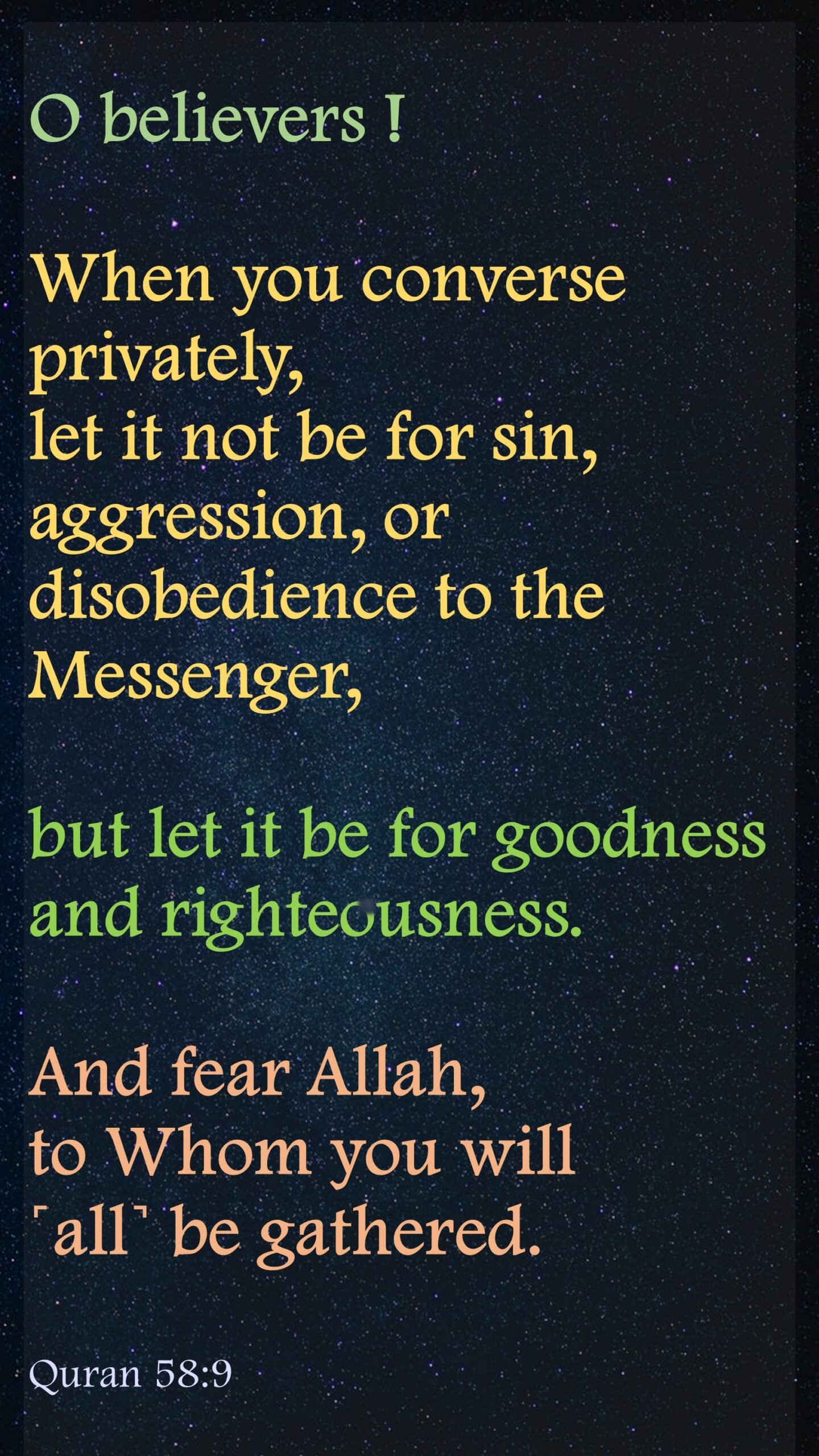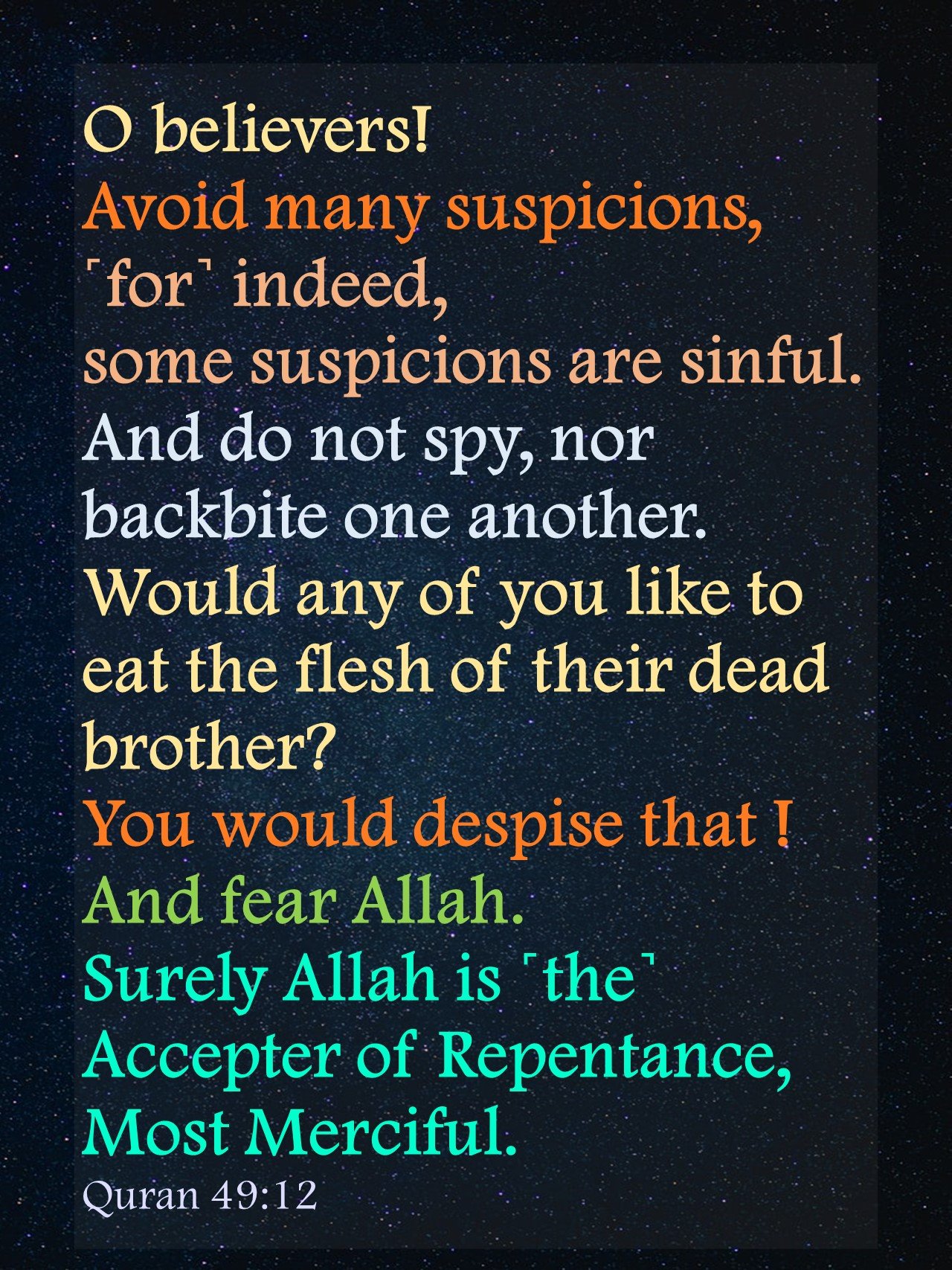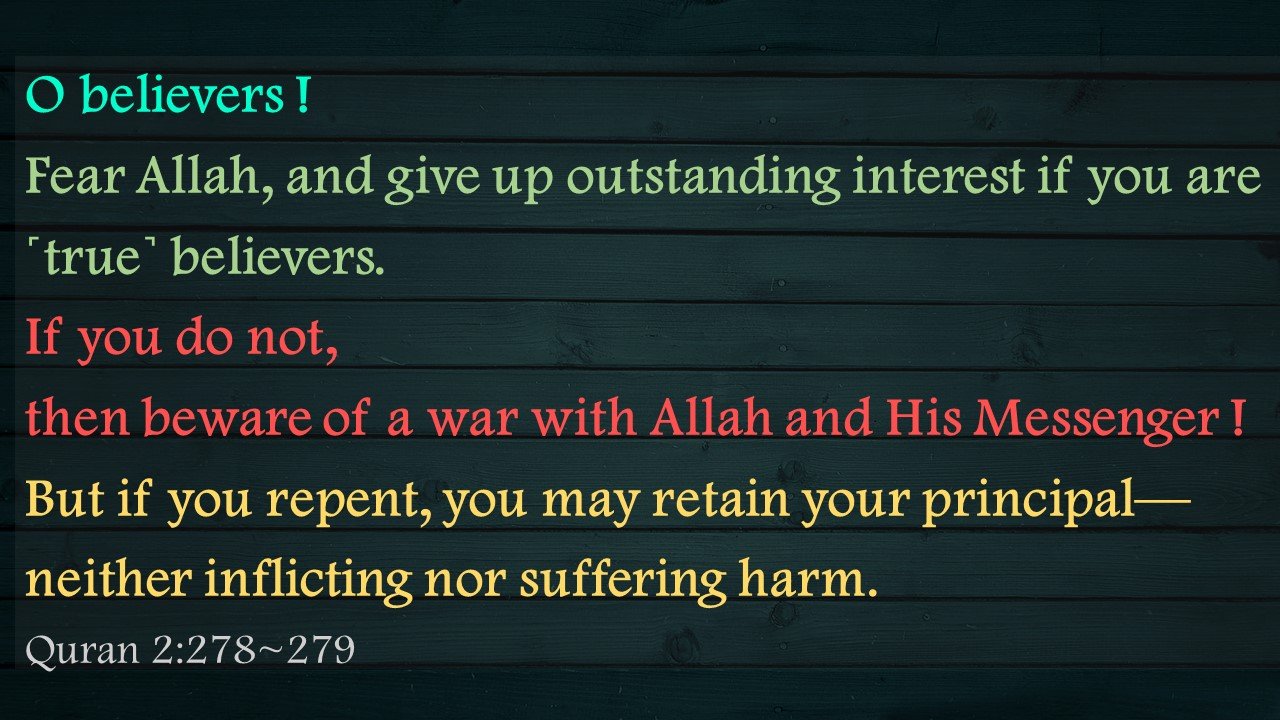Skip to Content
Tag Archives: fear
- Home -
- Posts tagged "fear"
( Page3 )
21
Oct, 2023
Hadees, Islam
affair, Allah, ayat, back, conceal, daily, down, family, fault, fear, forgiveness, front, Greatness, guard, inspirations, islam, islamic, left, Muhammad, property, quran, religion, right, supplication, Surah, up, World
24
Mar, 2023
Hadees, Islam
afraid, Allah, attach, charity, charming, daily, fear, hadees, illicit, inspirations, intercourse, islam, islamic, just, mosque, noble, person, refuse, remember, riler, seclusion, seven, shade, tears, worship
24
Feb, 2023
Islam, Quran
Aaron, Allah, ayat, bound, Chapter 20, daily, fear, fearful, Firun, gently, harm, Haroon, hearing, inspirations, islam, islamic, Lord, mindful, Moses, Musa, no, Pharaoh, Punishment, quran, seeing, speak, Surah, trangress, tyranically, verse 42, verse 43, verse 44, Verse 45, Verse 46
16
Jan, 2023
Islam, Quran
Allah, alm, ayat, buying, daily, deed, distracted, evening, fear, Glorified, Grace, heart, hope, houses, inspirations, islam, islamic, light, limit, Men, mention, morning, mosque, name, not, order, pay, perform, prayer, provision, quran, raise, rememberance, reward, selling, shines, Surah, tax, tremble, without, worship
12
Nov, 2022
Islam, Quran
Al-Muttaqoon, Allah, ayat, chapter 3, daily, fear, inspirations, islam, islamic, love, Pious, pledge, quran, Surah, verse 76, ٱلۡمُتَّقِینࣱَ
10
Sep, 2022
Islam, Quran
AllAware, ayat, Chapter 59, daily, deeds, fear, Hashr, inspirations, islam, islamic, quran, sent, Soul, Surah, tomorrow, Verse 18
7
Sep, 2022
Islam, Quran
all, Allah, ayat, believers, converse, daily, day, disobedience, fear, gathered, goodness, inspirations, islam, islamic, judgement, messenger, Muhammad, not, PBUH, privately, quran, righteousness, SAWW, sin, Surah
30
Jul, 2022
Islam, Quran
al-Hujurat, Allah, ayat, backbite, Chapter 49, daily, dead, despise, fear, flesh, inspirations, islam, islamic, Most Merciful, quran, repentence, sin, spy, Surah, suspicions, Verse 12
21
Jun, 2022
Islam, Quran
Allah, ayat, believe, chapter 57, daily, day, double, fear, forgive, grant, inspirations, islam, islamic, judgement, light, Merciful, Mercy, messenger, PBUH, quran, Surah, Verse 28
22
May, 2022
Islam, Quran
278, 279, Allah, ayat, believeres, Chapter 2, daily, fear, harm, inflict, inspirations, interestbeware, islam, islamic, messenger, principal, quran, repent, retain, suffering, Surah, verse 278, verse 279, war










